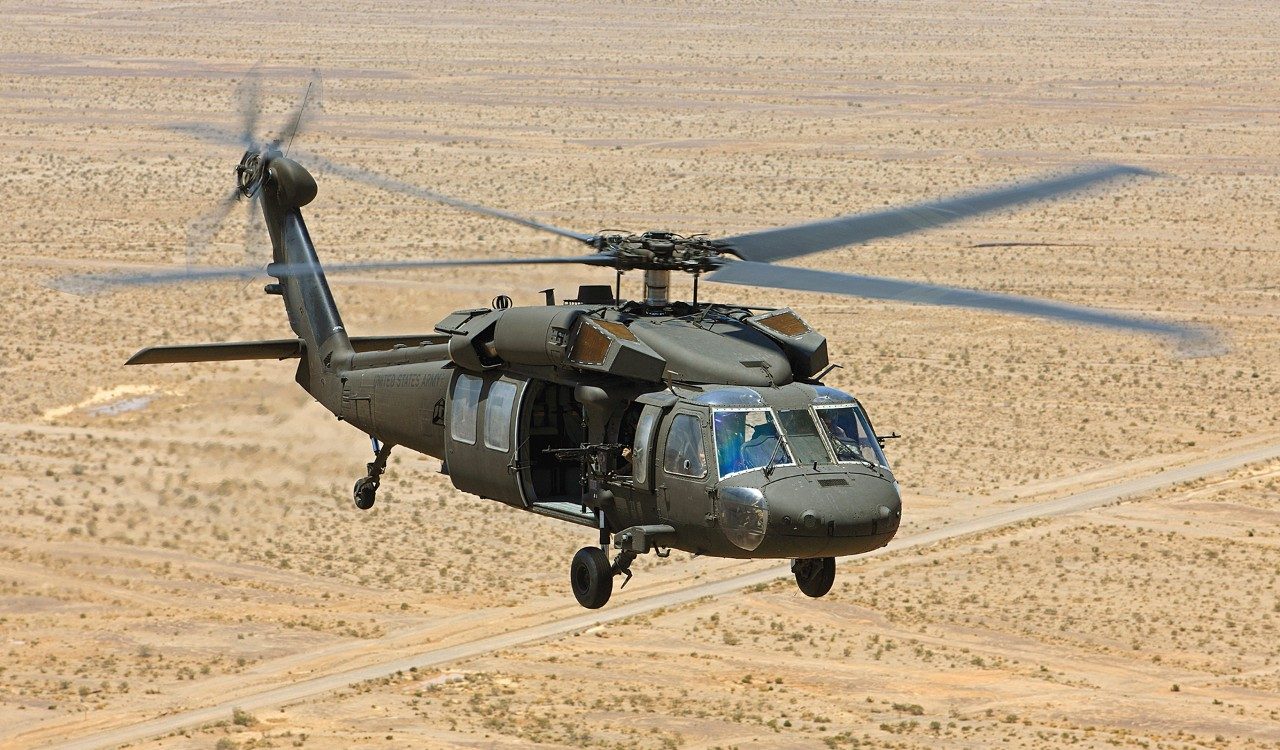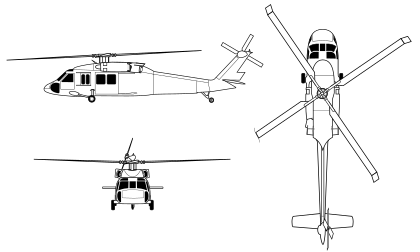UH 60 Helicopter: Advanced Avionics and Fight Equipments
UH 60 Helicopter: Advanced Avionics and Fight Equipments
Blog Article
The Influence of Sustainable Practices on the Future of Airplane Workflow and Emissions Decrease
As the aviation sector encounters enhancing examination over its environmental impact, the adoption of lasting practices emerges as a vital path towards future airplane procedures and exhausts reduction. Technologies in lasting aviation fuels and developments in hybrid propulsion technologies stand at the center of this change, encouraging substantial decreases in greenhouse gas discharges. Nonetheless, the successful integration of these initiatives rests on a range of aspects, consisting of regulative structures and industry partnership. The concern stays: exactly how will these developing methods reshape the dynamics of flight and add to a more sustainable future?

Introduction of Sustainable Practices
Sustainable techniques in airplane operations incorporate an array of approaches targeted at reducing environmental impact while preserving operational efficiency. These practices are important in the air travel industry's commitment to lessening its carbon impact and adhering to global ecological standards. Trick efforts consist of enhancing flight paths to lower gas usage, boosting maintenance protocols to ensure airplane operate at peak performance, and carrying out advanced modern technologies such as winglets and light-weight products that improve aerodynamics.

Engaging and educating team on sustainability methods also play a crucial duty, fostering a society of environmental obligation within companies. Overall, the combination of these sustainable methods not only assists lower emissions but likewise boosts the long-term viability of the air travel market, guaranteeing it satisfies the demands of both clients and regulative bodies while adding to global sustainability goals.
Ingenious Gas Alternatives
Countless ingenious gas choices are becoming pivotal services to minimize the air travel sector's dependence on typical nonrenewable fuel sources. Among these alternatives, Sustainable Aviation Fuels (SAFs) have actually gotten substantial focus as a result of their possible to decrease lifecycle greenhouse gas exhausts by up to 80% contrasted to traditional jet gas. SAFs are derived from various feedstocks, including waste oils, agricultural deposits, and also algae, making them a functional alternative for the sector.
Another appealing choice is hydrogen fuel, which, when used in gas cells, creates only water vapor as a result. In addition, electric propulsion systems are being explored, leveraging battery modern technology to power aircraft.
Last but not least, biofuels acquired from biomass are being examined, providing an eco-friendly choice that can be blended with typical fuels. Jointly, these ingenious fuel options represent an essential action toward attaining a sustainable aviation environment, aligning with international discharges decrease targets and enhancing the sector's environmental stewardship.
Technological Improvements in Aeronautics

Just how can technological improvements reshape the future of air travel? The integration of sophisticated innovations is pivotal in changing airplane operations, boosting efficiency, and reducing exhausts. Technologies such as hybrid and electric propulsion systems go to the forefront, appealing significant reductions in fuel intake and greenhouse gas emissions. These systems take advantage of developments in battery modern technology and power monitoring, allowing aircraft to operate with a reduced ecological footprint.
Moreover, the execution of innovative products, such as light-weight composites, contributes to boosted the rules of aerodynamics and gas effectiveness. The usage of expert system and machine learning in trip procedures maximizes route preparation and decreases gas shed by making it possible for real-time modifications based upon weather condition and traffic problems. Additionally, the advancement of independent and remotely piloted aircraft systems stands to change cargo and guest transport, potentially raising efficiency while lessening human mistake.
Additionally, lasting aeronautics original site technologies, including innovative air website traffic management systems, can improve procedures and lower blockage, bring about lower emissions during trip. These advancements collectively represent a standard shift in air travel, guaranteeing a future where sustainability and operational effectiveness are intertwined, thus sustaining the sector's commitment to minimizing its ecological impact.

Governing Framework and Compliance
Taking into account the expanding focus on environmental stewardship within the air travel sector, the governing structure regulating aircraft procedures is evolving to promote sustainable methods. Regulative bodies, such as the International Civil Aviation Company (ICAO) and different national air travel authorities, are introducing stringent standards intended at minimizing emissions and boosting functional efficiency.
These laws usually include the adoption of Sustainable Aeronautics Fuel (SAF), which has actually been recognized as an essential part in achieving lower carbon impacts. Furthermore, compliance with these guidelines calls for airline companies to apply operational techniques and sophisticated modern technologies, such as optimized flight paths and enhanced air website traffic management, to reduce fuel intake.
Furthermore, the enforcement of exhausts trading schemes and carbon balancing out initiatives is coming to be increasingly widespread, engaging airline companies to check and report their discharges properly. Non-compliance can cause substantial penalties, hence pushing operators to focus on sustainability in their company designs.
Inevitably, the progressing regulative landscape not only drives advancement and financial investment in eco-friendly modern technologies however also fosters a culture of responsibility within the air travel market. As these frameworks continue to develop, the concentrate on lasting methods will be indispensable to attaining the sector's lasting ecological objectives.
Future Patterns in Aircraft Operations
As the aeronautics sector adapts to a significantly rigid regulative environment, future trends in airplane procedures are readied to concentrate on cutting-edge remedies that better improve sustainability their website and efficiency - uh 60. Secret growths will likely include the fostering of sophisticated air traffic administration systems, which make use of real-time information Get More Info and expert system to enhance flight courses, decreasing fuel intake and discharges
Another substantial pattern is the increased assimilation of sustainable air travel fuels (SAFs) These choices to traditional jet fuel, acquired from renewable resources, can dramatically reduce lifecycle greenhouse gas exhausts. The market's dedication to SAFs will likely speed up as airline companies work together with gas producers to make certain accessibility and cost-effectiveness.
In addition, the push in the direction of electrification and hybrid propulsion systems is obtaining momentum. Arising airplane designs will certainly incorporate these innovations, offering quieter and a lot more efficient procedures, specifically for short-haul flights.
Verdict
The fostering of lasting aeronautics gas, paired with innovations in electrical and hybrid propulsion systems, is crucial for minimizing lifecycle greenhouse gas emissions. Maximizing trip courses and accepting ingenious innovations contribute to a quieter and much more environmentally friendly aeronautics field.
Technologies in lasting air travel fuels and advancements in crossbreed propulsion modern technologies stand at the leading edge of this change, promising significant decreases in greenhouse gas exhausts.Many ingenious fuel choices are arising as crucial remedies to minimize the air travel industry's dependence on conventional fossil fuels - uh 60. Amongst these alternatives, Lasting Aviation Gas (SAFs) have gained substantial interest due to their potential to lower lifecycle greenhouse gas discharges by up to 80% compared to conventional jet fuels.One more considerable fad is the increased integration of sustainable air travel fuels (SAFs) The fostering of sustainable aeronautics fuels, combined with developments in hybrid and electric propulsion systems, is essential for lessening lifecycle greenhouse gas emissions
Report this page